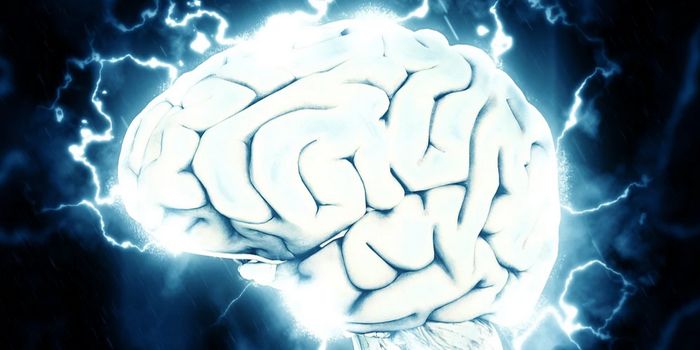Stress Transmitter Wakes Up the Sleeping Brain Over 100 Times Per Night
A study published in Nature Neuroscience reported that the stress hormone and transmitter noradrenaline wakes up the human brain roughly 100 times during a night's sleep. University of Copenhagen researchers found that these disruptions are normal and possibly indicate a good night’s rest.
The study demonstrated that during sleep the level of noradrenaline in the body is constantly increasing and decreasing in a wavelike pattern and that the noradrenaline levels and degrees of wakefulness are connected. Higher levels of noradrenaline indicate that the brain is briefly awake and lower levels of noradrenaline indicate the brain is asleep. Noradrenaline levels and degree of ‘awakeness’ are connected and constantly changing. The researchers observed that brain activity during these very brief moments is the same as when you are awake. The sleeper may not notice these periods of wakefulness.
Lead author Dr. Maiken Nedergaard explained how these wavelike patterns impact brain activity. Maiken believes that, “we have found the essence for the part of sleep that makes us wake up rested and which enables us to remember what we learned the day before. We have found that the refreshing part of sleep is driven by waves of noradrenaline. The very short awakenings are created by waves of norepinephrine, which are also so important for memory.” The study found that the mice with the highest number of deep noradrenaline valleys had improved memory.
Memory is significantly impacted by the quality and quantity of sleep a person gets. In particular, sleep is needed before and after a learning experience to improve memory. One study found a 40% deficit in learning memory for sleep deprived participants when comparing a group receiving 8 hours of sleep.
The study has significant implications for drug treatments. For example, some forms of antidepressants increase the noradrenaline levels in the body which affects sleep intervals and memory.
Source: Nature Neuroscience








